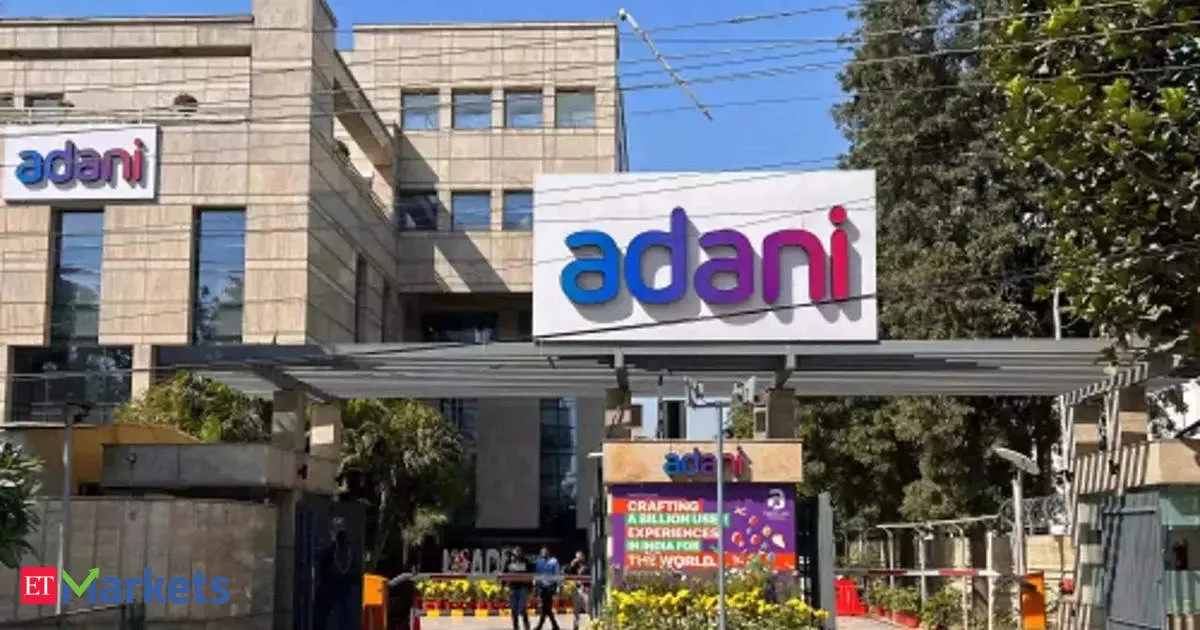Adani Group Can Double Debt Exposure to Domestic Capital Markets

Adani Group's Strategic Move in Capital Markets
Mumbai: Adani Group can double its debt exposure to the domestic capital markets to 10% of the conglomerate's total loans, as stated by CFO Jugeshinder Singh. This decision is contingent on the use of short-term financial instruments maturing within five years.
Current State of Debt Exposure
As of March 2024, Indian capital markets account for approximately 5% of Adani Group's total outstanding borrowings, amounting to ₹12,404 crore. If longer-duration debt options are included, the group is open to having up to 15% of its debt sourced from local markets.
Details on New Debt Instruments
- Adani Enterprises has launched its first non-convertible debenture issue worth ₹800 crore.
- The issue opens on September 4 and closes on September 17.
- Available tenures are 24, 36, and 60 months with interest rates at 9.25%, 9.65%, and 9.90%, respectively.
Capital Expenditure Plans
Adani Enterprises has announced a capital expenditure plan of ₹80,000 crore for various sectors, including infrastructure projects such as airports and roads. The group's weighted average cost of capital stands at 9%.
The Road Ahead
Singh emphasized that the NCD issue marks just the beginning of many debt instruments planned in the near future, asserting the need for local capital in infrastructure and energy sectors.
Considering the diverse aspects of funding, Singh noted that while domestic lenders currently account for 36% of their debt, the group will combine global funds for projects in Adani Green and Adani Energy Solutions. The ultimate decision will hinge on the risk-adjusted cost of capital.
Key Takeaways
Adani Group's strategic approach to increasing domestic debt exposure reflects a critical balancing act between local and global financial resources, tailored to meet the nuanced requirements of their diverse project portfolio.
This article was prepared using information from open sources in accordance with the principles of Ethical Policy. The editorial team is not responsible for absolute accuracy, as it relies on data from the sources referenced.